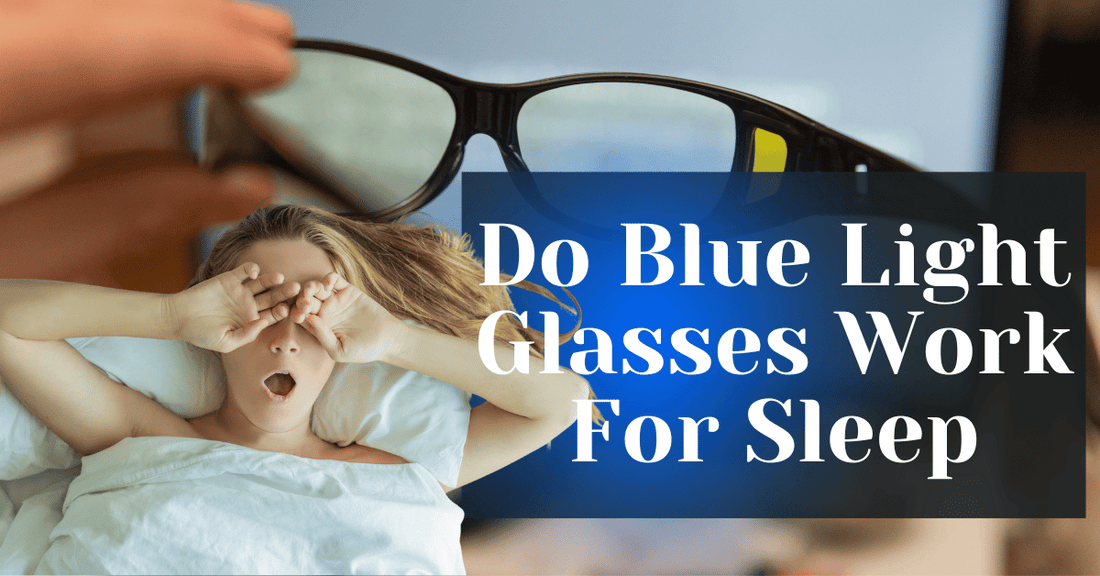
Do Blue Light Glasses Work For Sleep
In our fast-paced world, the quest for a good night's sleep has become more challenging than ever. With the advent of smartphones, tablets, and laptops, our exposure to screens—and the blue light they emit—has skyrocketed. This constant exposure to blue light has raised concerns about its impact on our sleep patterns.
Enter blue light glasses, a product touted as a simple solution to this modern problem. But how effective are these glasses in promoting better sleep? In this comprehensive blog post, we'll explore this question in depth, examining the science behind how blue light affects us and sleep, the effectiveness of blue light glasses, and alternative solutions for improving sleep quality.
What Are blue-light Light Glasses?
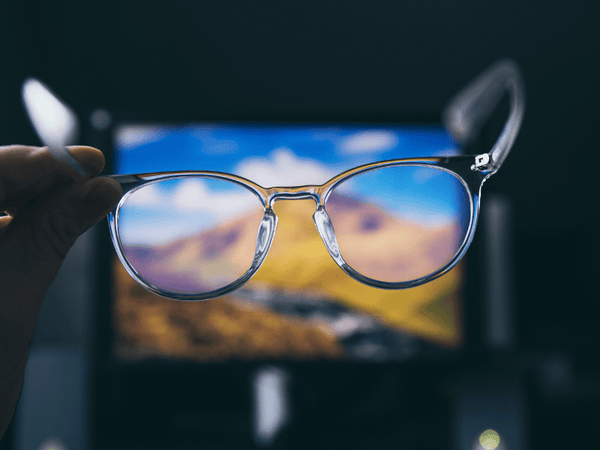
Blue blockers or light glasses aka. natural blue light blocking lenses are specially designed eyewear that filters out blue light emitted by most digital devices and screens. This type of light is part of the visible light spectrum and is known for its short wavelength and high energy. . . Blue blocking lenses or light blocking glasses typically have a slightly yellow-tinted lens, which helps to block blue light impacts by blocking, or reduce the amount of blue light that reaches the eyes.
The primary purpose of these blue light blocking glasses is to minimize the excessive exposure to to blue light, especially in the hours leading up to bedtime. By wearing a blue light filter and blocking blue light and doing so, they aim to reduce the potential disruption excessive blue light exposure has to the body's natural sleep-wake cycle, also known as the circadian rhythm. Exposure to blue light in the evening can disrupt the body's natural synthesis of melatonin, a hormone that tells the body it's time to go to sleep. By wearing blue light blocking glasses, individuals hope to limit this interference and promote better sleep.
These glasses come in various styles and designs, catering to different preferences and needs. Some are specifically for blue light lenses intended for use in the evening, while others are designed for all-day wear, especially for those who spend long hours in front of computer screens, digital devices and electronic devices. They are also available in prescription and non-prescription versions, making them accessible to a wide range of users.
Blue light glasses have gained popularity in recent years as more people seek solutions for digital screens, eye strain and sleep disturbances caused by excessive screen time. While they are not a cure-all for all of eye strain and disease, or digital screens, digital eye strain alone, and sleep issues, they are one tool that can be used as part of a broader strategy for less serious eye strain and fatigue and improving sleep hygiene and overall eye health.
The Science Behind Blue Light and Sleep
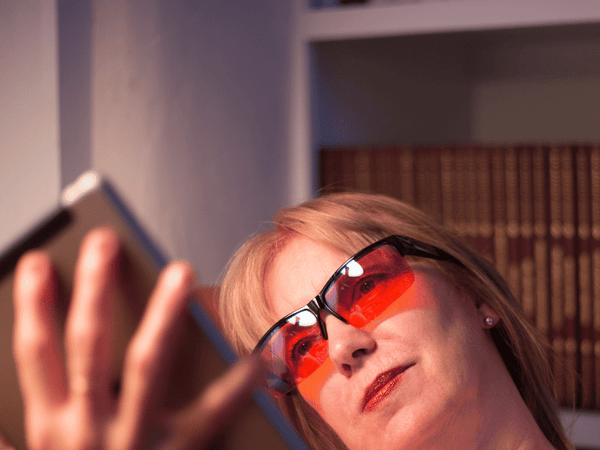
To understand how blue light glasses might work for sleep, we need to delve into the science behind natural blue light, and its effects on our bodies. Blue light is everywhere, not the visible light just in our screens digital devices. It's a significant component visible light spectrum of sunlight, which is why how much blue light in the sky appears blue during the day. In natural daylight settings, blue light plays a crucial role in regulating our circadian rhythm, signaling to our bodies when it's time to wake up and be alert.
But the issue comes, especially at night, when we are exposed to high levels of blue light, either from man-made or natural sources. Studies have shown that too much exposure to blue light affect sleep can suppress the body's production of melatonin, a hormone that signals to our bodies that it's time to sleep. Suppression like this might cause trouble going asleep, tampering with sleep patterns, and generally lower quality sleep.
Do Blue Light Glasses Work For Sleep?
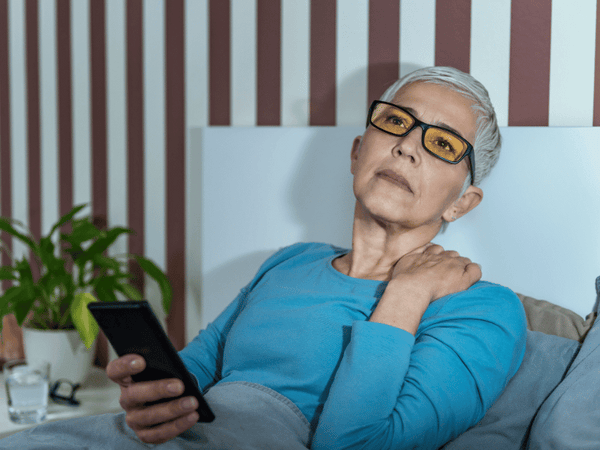
Now, let's tackle the central question of blue light exposure itself: Do blue light glasses work for sleep? The answer is not straightforward, as research on blue light exposure and lenses on this topic is still evolving. Some studies suggest that wearing blue light glasses before bedtime can improve sleep quality by reducing the time it takes to fall asleep and enhancing sleep duration. For example, a study published in the Journal of Adolescent Health found that adolescents who wore blue light glasses in the evening experienced better sleep quality and mood compared to those who did not have blue light helps.
However, other research indicates that the benefits of wearing blue light glasses on eye fatigue may be more psychological than physiological. A placebo effect could be at play when blue light can negatively affect the sleep itself, where simply using blue light filtering glasses believing that the using emit blue light glasses will improve sleep can lead to a perception that blue light affect sleep and of better sleep quality. Additionally, the impact of blue light glasses on eye health may vary from person to person, depending on factors such as individual sensitivity to blue light and overall sleep hygiene practices.
How Therapy Light Lamps Can Help Sleep
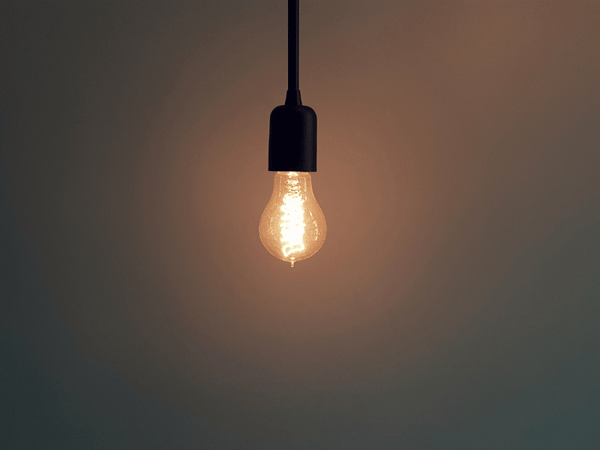
While blue light glasses focus on blocking out blue light, therapy light lamps take a different approach to blocking blue light and improving sleep. These lamps emit a bright, white light that simulates natural sunlight. They are commonly used for light therapy, which can help regulate the body's circadian rhythm and improve sleep patterns.
Using light bulbs or a therapy light lamp in the morning or during the day can signal to your body that it's time to be awake and alert. This can help reinforce your natural sleep-wake cycle, making it easier to fall asleep at night. Research has shown that light therapy can be particularly effective for individuals with seasonal affective disorder (SAD) or other forms of depression, as it can help alleviate symptoms and improve sleep.
It's important to note that therapy light lamps are not a one-size-fits-all solution. The timing and duration of prolonged exposure to to the light can vary depending on individual needs and preferences. Consulting with a healthcare professional can help determine the best way to incorporate light therapy into your routine for optimal sleep benefits.
Introducing: KOZE Sleep
Introducing the KOZE Sleep Bulb, your solution exposure to blue light for a restful night's sleep. Our innovative amber blue light blocking technology blocks out 99.9% blue light hazard and% of harmful blue light, preserving your natural circadian rhythm. Inspired by NASA's studies for astronaut sleep in space, the KOZE Sleep Bulb emits blue light blocking a special, blue light exposure and only emit blue light spectrum that promotes circadian rhythms and optimal melatonin production. Experience deeper sleep and wake up feeling more refreshed with KOZE Sleep.
How to Choose the Right Blue Light Glasses
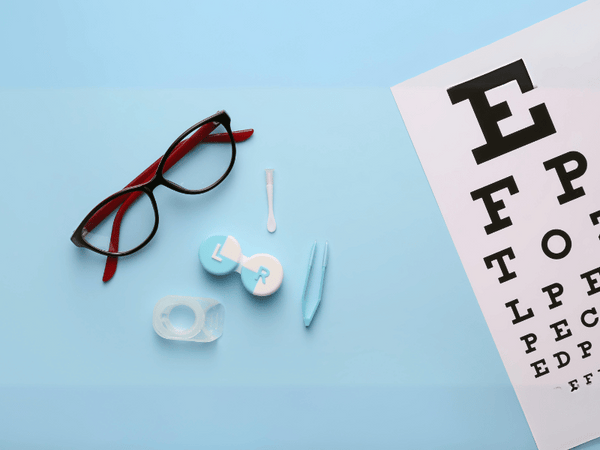
If you're considering trying blue light glasses to improve your vision loss during sleep, there are a few factors to keep in mind when selecting a pair of the blue light lenses: hazard:
-
Lens Tint: Look for glasses with a yellow or amber tint, as these are more effective at filtering out blue light.
-
Frame Style: Choose a frame that fits comfortably and provides ample coverage to block blue light from all angles.
-
Quality: Opt for glasses from reputable brands that have been tested for their blue light filtering capabilities.
-
Price: While you don't need to break the bank, be wary of extremely cheap options that may not provide adequate protection.
It's also worth considering if you need prescription lenses or if over-the-counter glasses will suffice. Some eyewear companies offer contact lenses with blue light filtering as an add-on to prescription glasses.
Alternatives to Blue-Light Glasses for Better Sleep
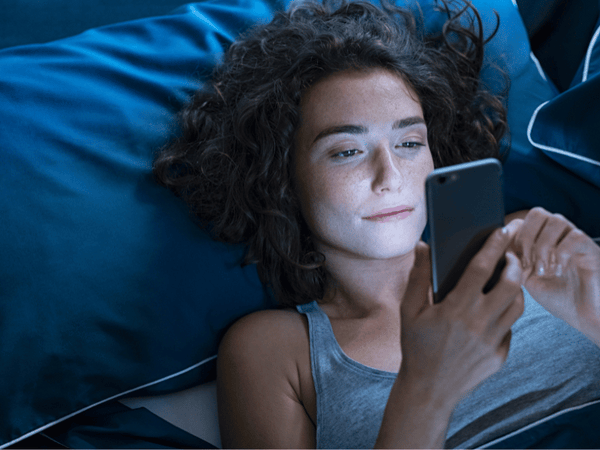
If you're not convinced about wearing blue light blocking glasses or are looking for additional ways to make blue light lenses reduce eye strain and improve the visual performance of digital device in your sleep, there are several alternatives to blue light filtering glasses, computer glasses and blue light damage filter to consider:
-
Reduce Screen Time: Aim to limit your exposure to screens, especially in the hour or two before bedtime.
-
Use Night Mode: Many smartphones and computers have a "night mode" setting that reduces the amount of blue light emitted by the screen.
-
Establish a Bedtime Routine: Before going to bed, encourage your body to wind down with soothing activities like reading a book or having a warm bath.
-
Create a Sleep-Friendly Environment: Ensure your bedroom is dark, quiet, and cool to promote better sleep.
Frequently Asked Questions (FAQs)
1. Do blue light glasses help with eye strain and headaches?
- Yes, blue light glasses can help reduce eye strain and headaches associated with prolonged screen use by filtering out the blue light that can cause these issues.
2. Can blue light glasses be worn during the day?
- Yes, blue light glasses can be worn during the day, especially if you spend a lot of time in front of screens. However, it's important to balance this with exposure to natural light to maintain a healthy circadian rhythm.
3. Are there any side effects of wearing blue light glasses?
- There are generally no significant side effects of wearing blue light glasses. Some people may experience an adjustment period as their eyes adapt to the yellow tint, but this is typically temporary.
Conclusion
In conclusion, blue-light glasses have become a popular tool for those looking to improve their sleep quality in our screen-saturated world. While there is some evidence to support their effectiveness, it's important to approach them as one piece of the sleep hygiene puzzle. Combining the use of blue light glasses with other strategies, such as reducing screen time before bed and establishing a relaxing bedtime routine, can provide a more holistic approach to improving sleep.
Ultimately, the effectiveness of blue light glasses will vary from person to person. If you're considering trying them, it's worth experimenting to see if they make a difference for you. And remember, if sleep issues persist, it's always best to consult with a healthcare professional.
Call to Action
If you've found this post informative, we'd love to hear from you! Share your experiences with blue light glasses or any other sleep improvement strategies in the comments section below. Don't forget to sign up for our newsletter for more tips on enhancing your sleep and overall well-being. Sweet dreams!
